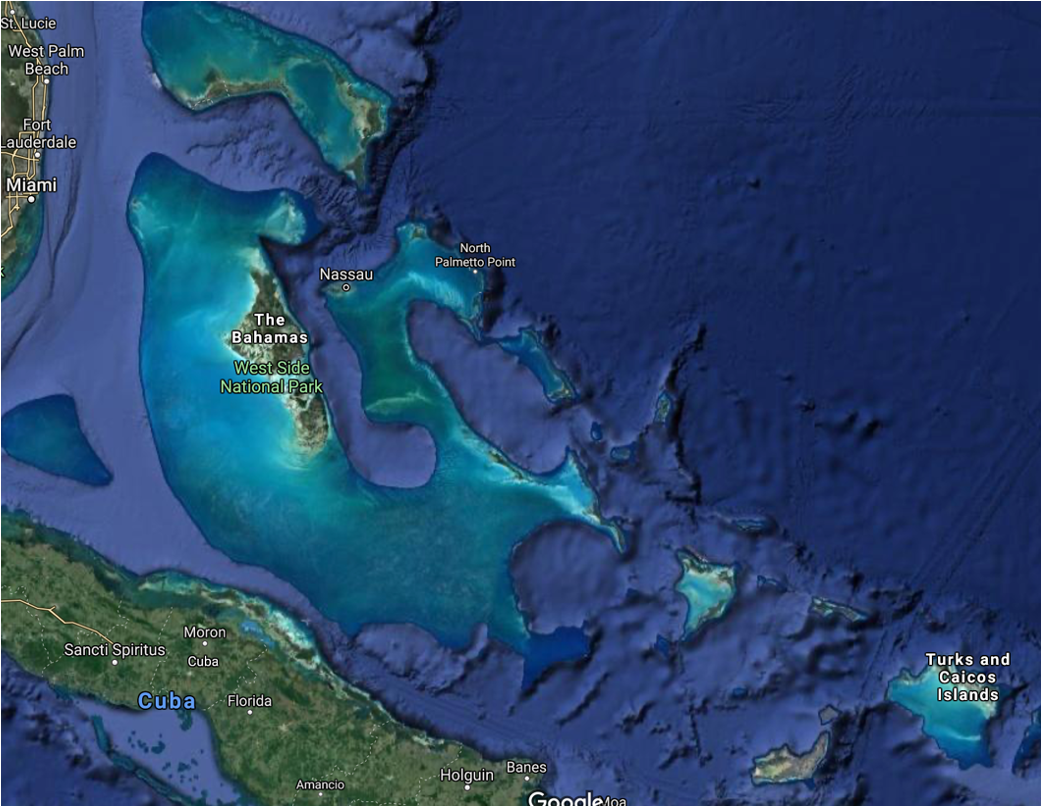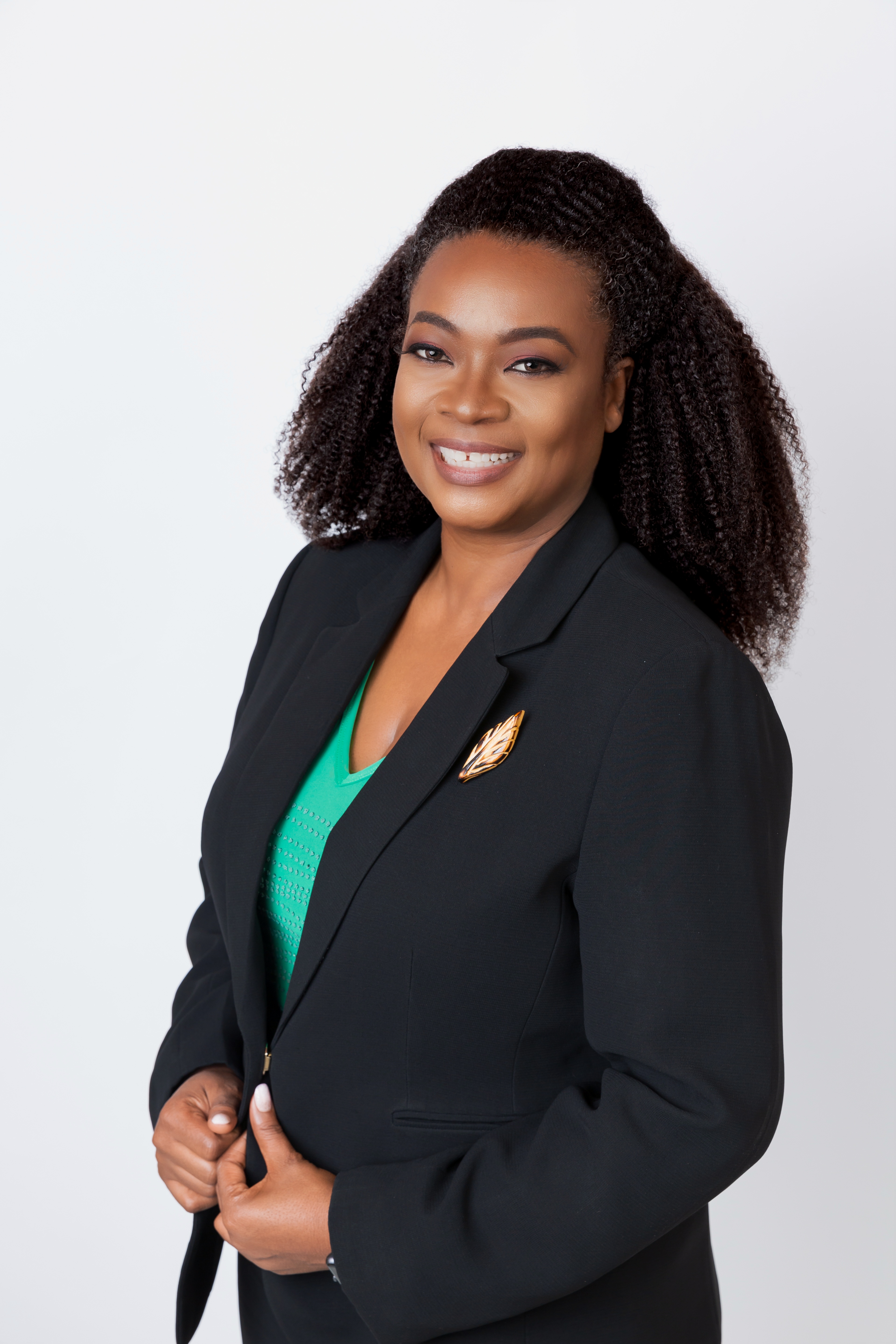Geographic Dispersion and Patriarchal Legacies
Navigating chemicals management in The Bahamas presents challenges shaped by both geography and entrenched social structures. The archipelago comprises more than 700 islands and cays, of which approximately 25 are inhabited. Over 75 percent of the country’s roughly 400,000 people reside on New Providence. This geographic dispersion complicates chemicals management: hazardous wastes collected on remote “Family Islands” must be transported long distances to the central facility, and many rural communities lack consistent access to training and infrastructure.

At the same time, social and legislative barriers continue to restrict women’s full participation in decision-making. Women represent 52 percent of the population and are well represented among environmental agency staff and NGOs, yet patriarchal laws and practices persist. Only 18 percent of parliamentary seats are held by women, critical gender-equality amendments to the constitution have failed repeatedly, and there is no national gender policy to guide environmental or chemicals governance.
Filling Data Gaps and Building Expertise
A preliminary 2021 gender analysis assessed the extent to which gender considerations were integrated into environmental and chemical management, and how gender dynamics influenced these spaces. The study underscored a persistent lack of sex-disaggregated data and information, limiting the ability to design inclusive policies.
To close these gaps, three actions are required:
- Embed gender specialists in National Implementation Plan (NIP) processes to ensure systematic integration of gender considerations as NIP is developed, reviewed, and updated.
- Develop and implement a national Gender Action Plan, with clear measures for chemicals and waste management.
- Conduct comprehensive gender assessments to identify specific barriers and opportunities across sectors.
In parallel, legislative and administrative reforms are needed to institutionalize inclusivity and ensure that chemicals management systems reflect the realities of both women and men.
Intentional Outreach and Embedding Equality
Extending outreach beyond New Providence is essential. Training and workshops must reach Family Islands, whether through in-person sessions or digital platforms. Support for women entrepreneurs—such as small business grants in green and sustainable ventures—can strengthen women’s leadership in chemical safety.
Most importantly, gender considerations must be embedded throughout NIP development, from project inception to validation and action planning. This ensures that national strategies reflect community realities across the archipelago and foster inclusive, effective chemicals management.
“I think gender needs to be embedded in the project requirements, as it is easily overlooked or not taken into consideration when doing a NIP because it's not necessarily one of the required deliverables.”
This blog post was developed drawing on insights from the GGKP regional workshop for Latin America and the Caribbean “Mainstreaming Gender in National Implementation Plans under the Stockholm Convention” held on 26 August 2025. As part of the Global NIP Update project (GEF ID 10785), funded by GEF and led by UNEP, this workshop shared practical insights on integrating gender into NIPs, featuring experiences from the national project experts, civil society and community groups.
To learn more about the Global NIP Update project, visit Global NIP Update | Green Policy Platform
For a deeper dive into the GGKP gender workshop focused on Latin America and the Caribbean, you can access the full recordings and materials here: https://www.greenpolicyplatform.org/webinar/regional-workshop-latin-america-and-caribbean-mainstreaming-gender-national-implementation
Authors:
 |
Eustacia Jennings, The Bahamas NPT Lead Principal, Jennings Environmental Safety & Security (JESS) Consultants |
 |
Soomin Bae, Knowledge Management Support Consultant, GGKP/GGGI
|



